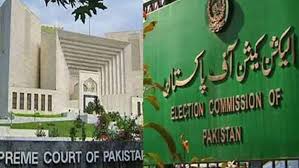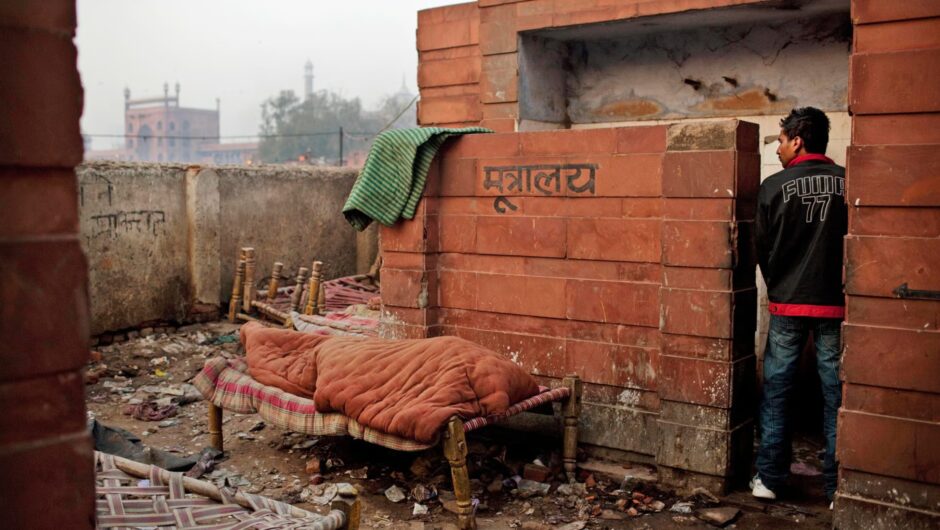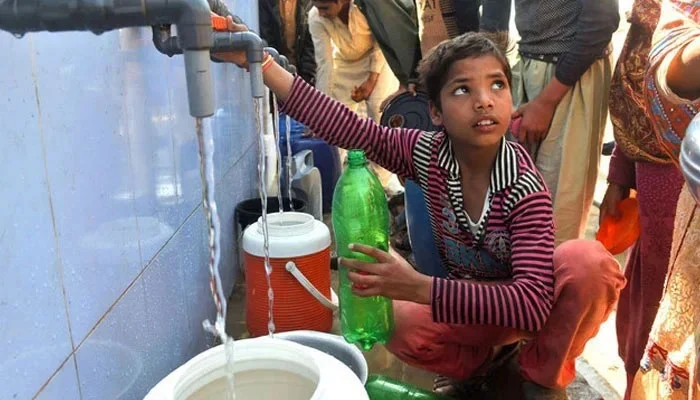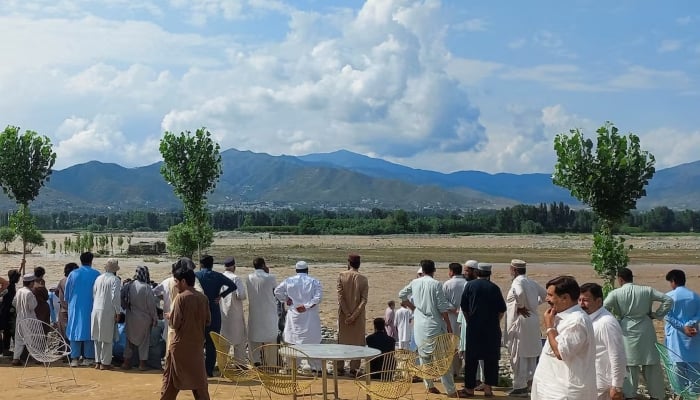The Election Commission of Pakistan (ECP) has once again approached the Supreme Court to seek clarification and resolve the ongoing dispute surrounding reserved seats in the National Assembly and provincial assemblies. The dilemma stems from recent shifts in the political landscape, which have raised questions about the fair distribution of these seats among political parties.
ECP’s Ongoing Battle Over Reserved Seats
The reserved seats for women and minorities have always been a crucial aspect of Pakistan’s electoral process, ensuring representation for all segments of society. However, the recent political turmoil has cast doubts on the allocation process, prompting the ECP to move to the Supreme Court again. The ECP argues that without a clear directive from the highest court, the fairness and transparency of upcoming elections might be compromised.
The Impact on Political Parties
Major political parties, including the Pakistan Tehreek-e-Insaf (PTI), Pakistan Muslim League-Nawaz (PML-N), and Pakistan People’s Party (PPP), are closely monitoring the situation. The decision on reserved seats could significantly affect their representation in the assemblies, potentially altering the balance of power. ECP’s appeal to the Supreme Court seeks to address the concerns raised by smaller parties who feel their representation might be disproportionately affected.
Implications for Upcoming Elections
With general elections around the corner, the resolution of this issue is vital. Political analysts believe that the reserved seats controversy, if not resolved promptly, could lead to further legal challenges, ultimately delaying the election process. This situation highlights the importance of a transparent and equitable approach to seat allocation to maintain the integrity of Pakistan’s democratic process.
The ECP’s latest move emphasizes the need for a definitive legal framework to handle such dilemmas in future elections, ensuring a smooth and fair democratic process.





